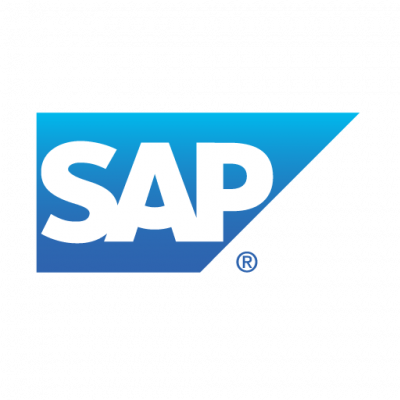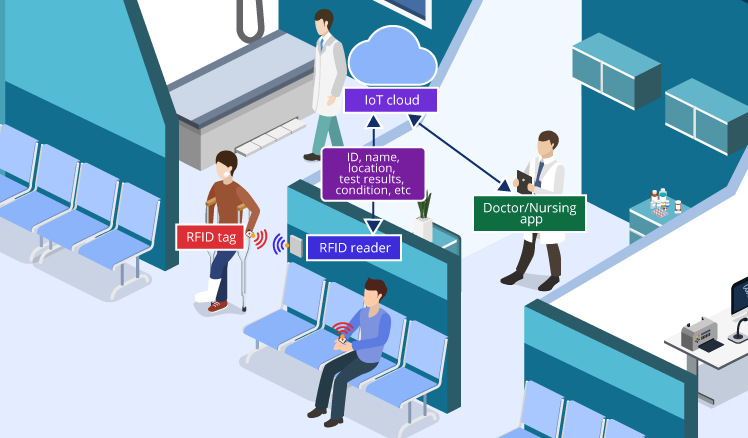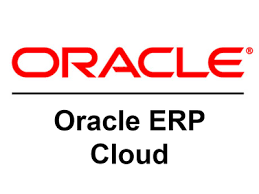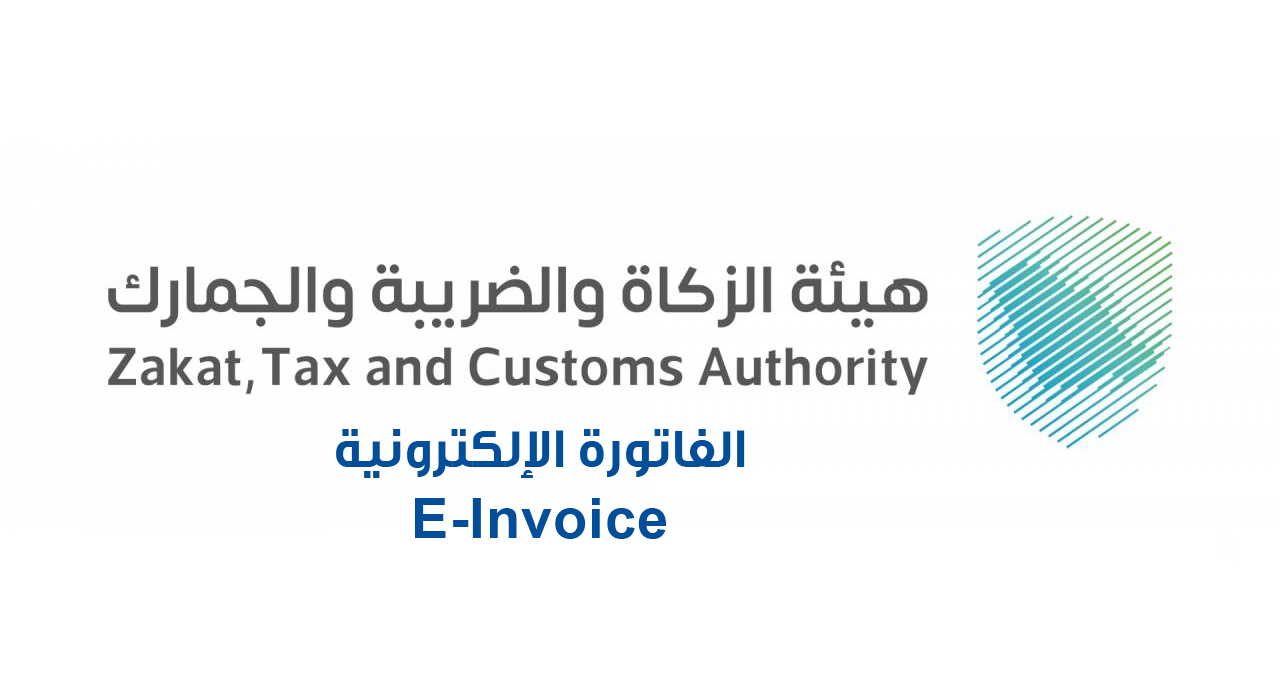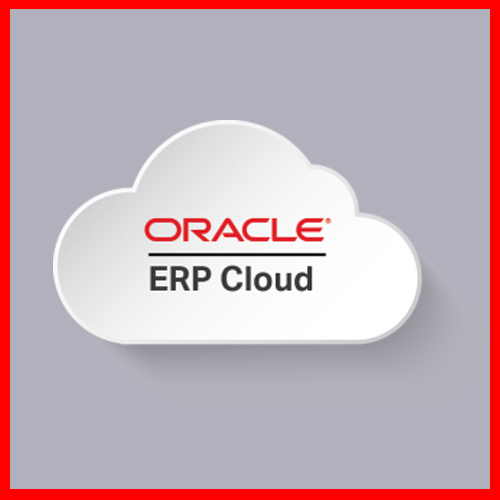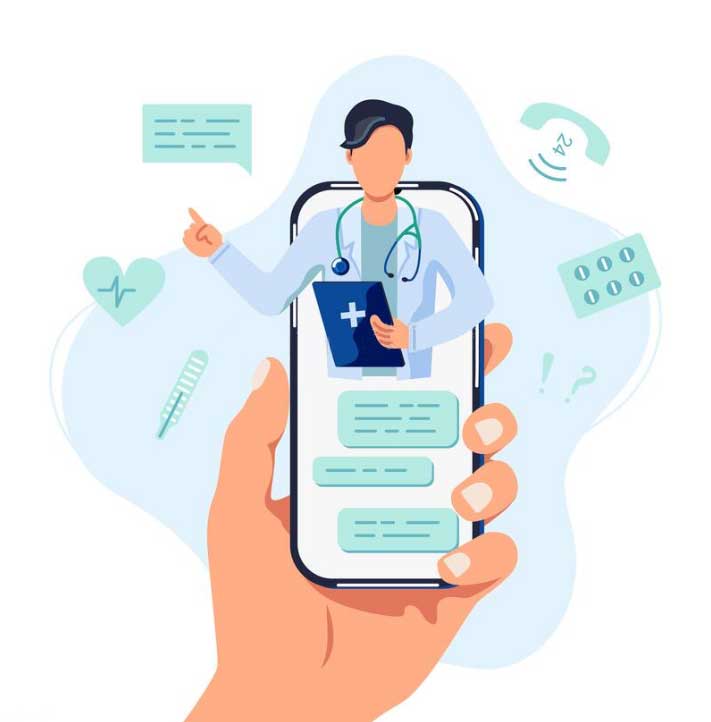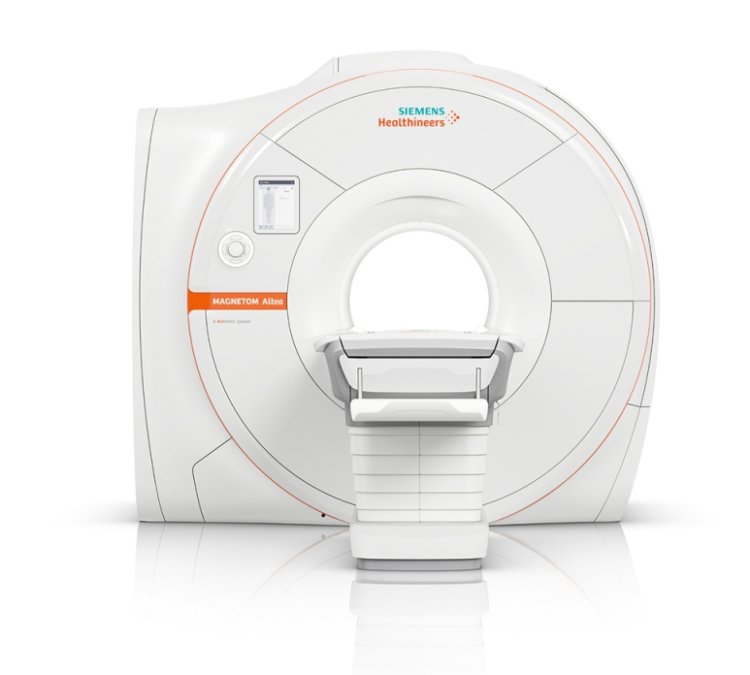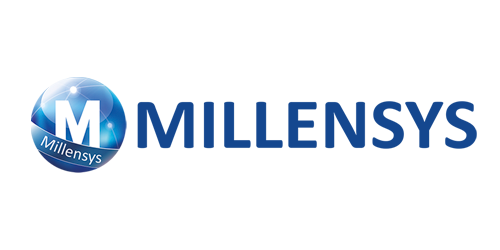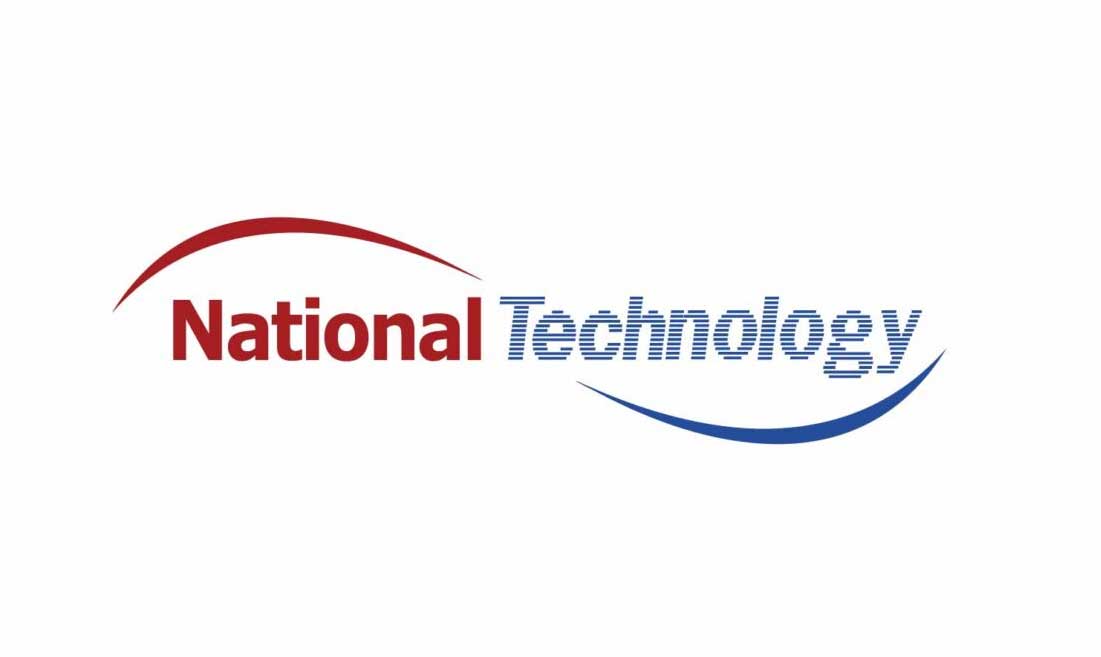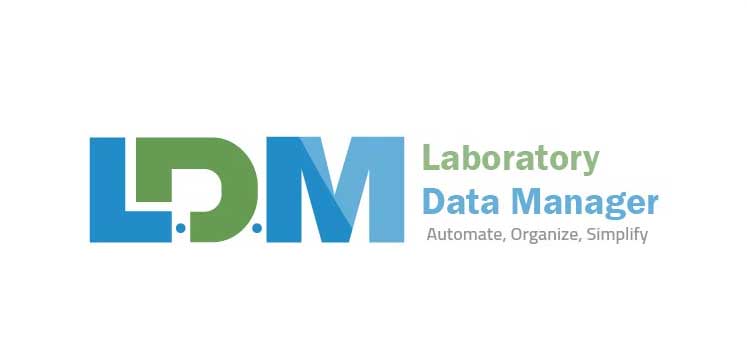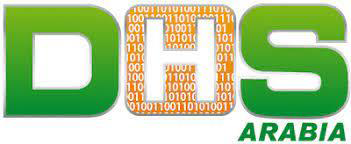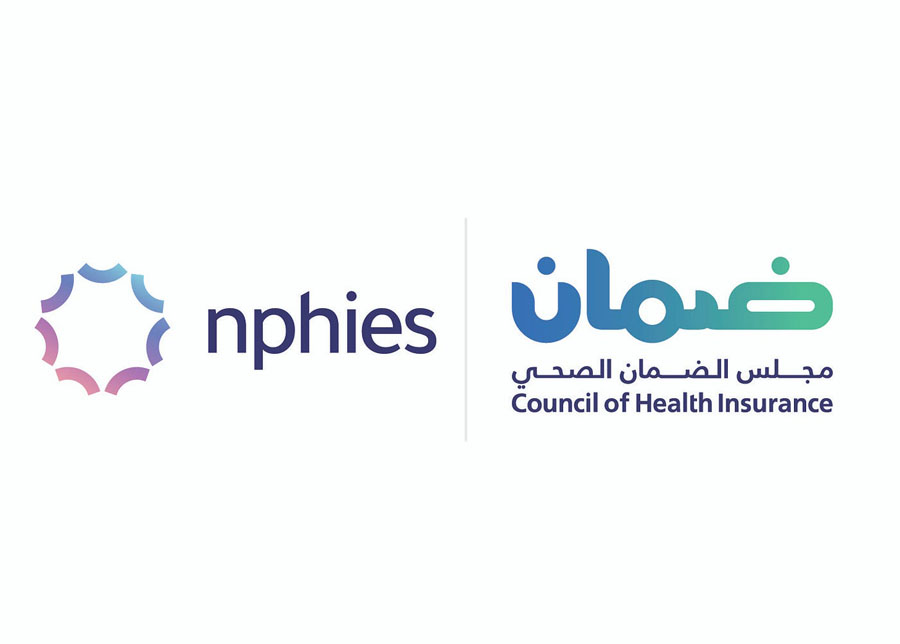SHADI SYSTEMS Solutions
SMART HOSPITAL?
(SHADI SYSTEMS SMART HOSPITAL) refers to a type of software that Hospitals or policlinics use to manage day-to-day business activities such as ADT, patient records, OP theatre, claims, nursing activities, accounting, procurement, project management, risk management and compliance.
SHADI SYSTEMS SMART HOSPITAL system tie together a multitude of business processes and enable the flow of data between them. By collecting an organization’s shared transactional data from multiple sources, SHADI SYSTEMS
SMART HOSPITAL system eliminate data duplication and provide data integrity with a single source of truth.
Today, our SMART HOSPITAL system is critical for managing many of our customers of all sizes. To these customers, SHADI SYSTEMS SMART HOSPITAL is as indispensable as the electricity that keeps the lights on.
Solutions Business Value
As Hospital data and processes are corralled into SHADI SYSTEMS SMART HOSPITAL systems, businesses can align separate departments and improve workflows, resulting in significant bottom-line savings. Examples of specific business benefits include:
- Improved business insight from real-time informationgenerated by reports
- Lower operational costs through streamlined business processes and best practices
- Enhanced collaboration from users sharing data in contracts, requisitions, and purchase orders
- Improved efficiency through a common user experience across many business functions and well-defined business processes
- Consistent infrastructure from the back office to the front office, with all business activities having the same look and feel
- Higher user-adoption rates from a common user experience and design
- Reduced risk through improved data integrity and financial controls
- Lower management and operational costs through uniform and integrated system.
Today: A New SHADI SYSTEM SMART HOSPITAL Delivery Model:
When SHADI SYSTEM SMART HOSPITAL software is delivered as a service in the cloud, it runs on a network of remote servers instead of inside a company’s server room. The cloud provider patches, manages, and updates the software several times a year—rather than an expensive upgrade every 5 to 10 years with an on-premises system. The cloud can reduce both operational expenses (OpEx) and capital expenses (CapEx) because it eliminates the need for companies to purchase software and hardware or hire additional IT staff. These resources can instead be invested in new business opportunities, and the organization is always up-to-date on the most recent HOSPITAL software. Employees can shift their focus from managing IT to more value-added tasks such as innovation and growth.
Built for the digital age, today’s SHADI SYSTEM SMART HOSPITAL cloud embraces mobile, social, analytics, and the latest emerging technologies. Anything less won’t move an organization forward.



